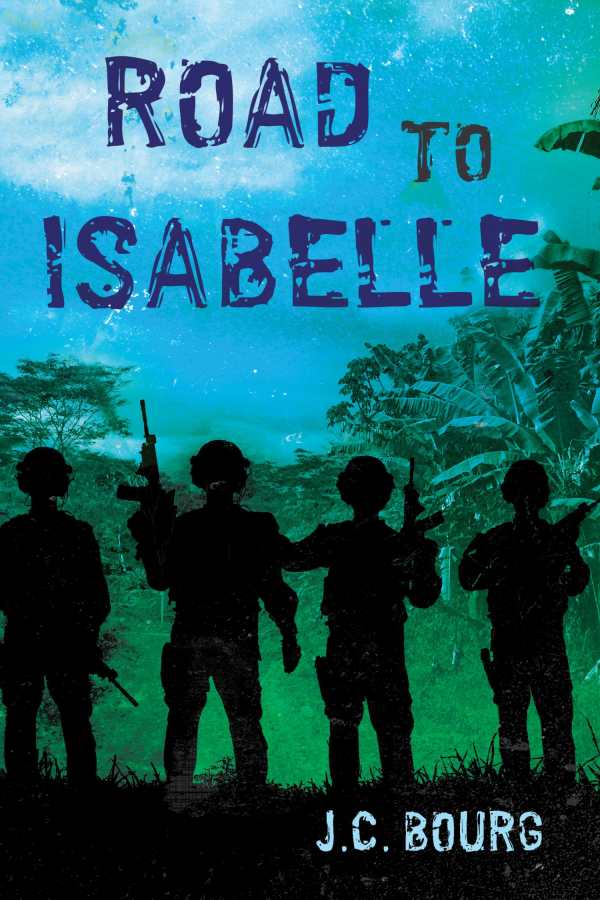Road to Isabelle
Road to Isabelle is a swift and involving look at the vicious engagements of the First Indochina War.
J. C. Bourg’s Road to Isabelle is a highly atmospheric account of the First Indochina War, as seen through the eyes of four committed battlefield characters.
At the end of World War II, four men from very different backgrounds are drawn together on new battlefields in Asia. Each man fights for his own cause, but somehow all are inextricably interlinked.
Tom Roche, an American, was so changed by combat—and so thoroughly abandoned at home—that fighting on new fields makes a kind of visceral sense. Jean Guillian, a French Jew who survived the concentration camps, has scores to settle amongst the former Nazis who are now fighting on behalf of the French.
Max Kohl is one such said Nazi—if his time in the Hitler Youth did not result in the events that Guillian is seeking to avenge; and the Hmong warrior, Loc, has his own scores to settle, following the Viet Minh razing of his opium-producing village.
The narrative roils around these four men and their battlefield exploits, and does so across a period of ten years. Bloody altercations abound, and mine fields—both literal, and in memories—are aplenty. Brief chapters introduce wartime events in quick succession; as soon as the dust clears from one engagement, another is certainly around the corner. This wearying pace captures the tedious and bloody monotony of war well.
Most chapters begin in a heavily atmospheric way, establishing the mood via a recounting of the weather: “Sunlight sparked above the concealing canopy” or “a warm breeze flowed aimlessly down.” While this is helpful for capturing wildly divergent settings, from France to the Indochinese jungles, such openings are oddly juxtaposed to the violence which follows them. The results are eerie, even disconcerting at times. In a work that already flies fast across considerable ground, such descriptions can come to feel superfluous.
Other descriptions are swift but evocative, though some of the text’s conventions—“jelly knees,” in particular—recur often enough to lose some of their effect. Action unfolds so quickly that characterizations become secondary. Backstories are sketched, and each of the men’s motivations are made known, but deeper attachments hardly have time to form.
A few of the men’s choices feel inconsistent, including Guillian’s acceptance of Max, despite his previous thirst for vengeance against Nazis, and Max’s own transition from a proud Aryan to a regretful ex-Nazi. Such transformations may be reasonable across the book’s ten-year span, but aren’t explored sufficiently in the text.
The book has the feeling of a middle work in a wartime series—more of a background venture for its main characters than it is a self-contained title. Those already familiar with Max and Loc’s miraculous escape—an event alluded to throughout—will appreciate the novel’s extended cliffhanger.
Road to Isabelle is a swift and involving look at the vicious engagements of the First Indochina War.
Reviewed by
Michelle Anne Schingler
Disclosure: This article is not an endorsement, but a review. The publisher of this book provided free copies of the book and paid a small fee to have their book reviewed by a professional reviewer. Foreword Reviews and Clarion Reviews make no guarantee that the publisher will receive a positive review. Foreword Magazine, Inc. is disclosing this in accordance with the Federal Trade Commission’s 16 CFR, Part 255.

